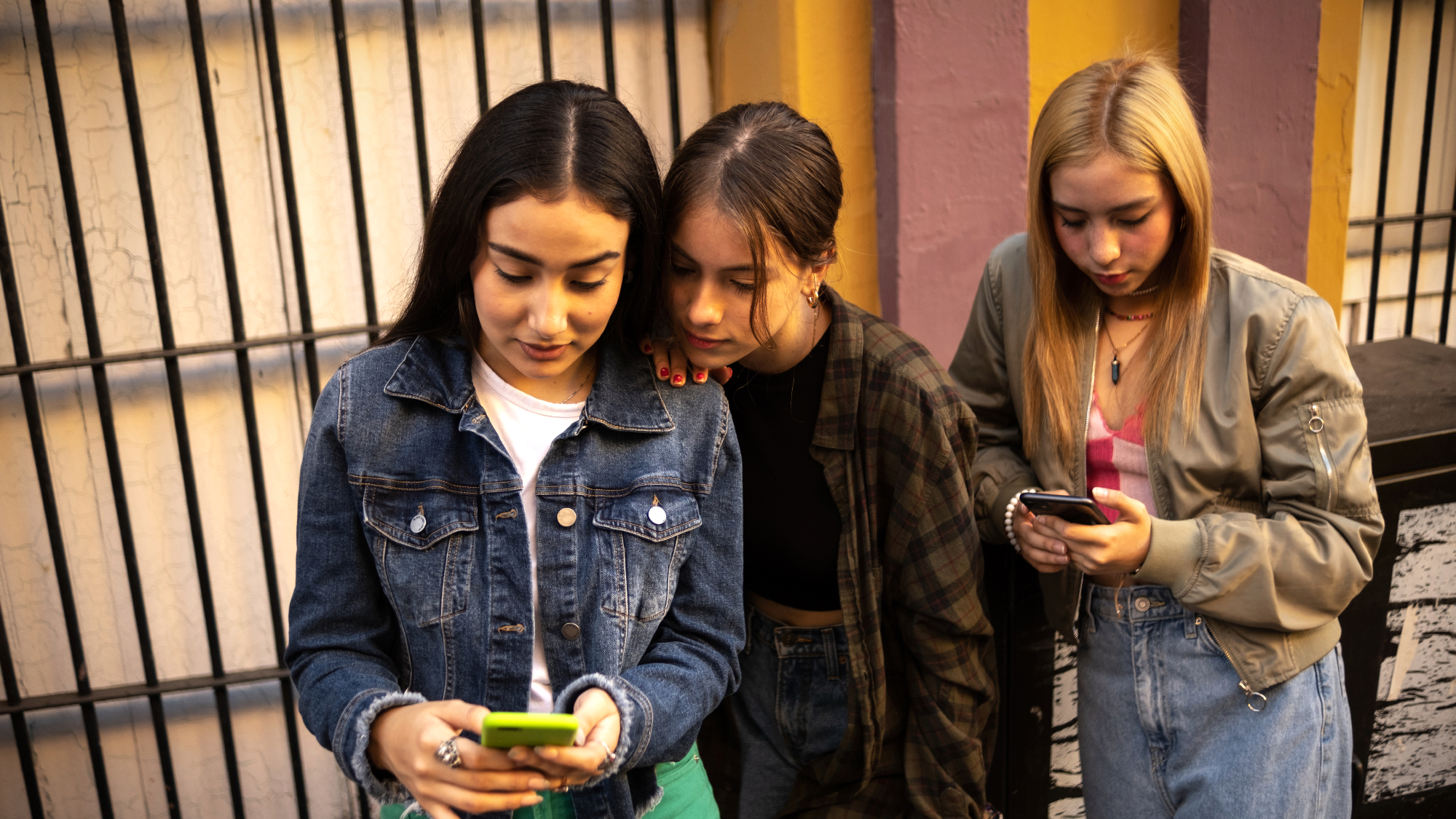States sue TikTok over children's mental health
The lawsuit was filed by 13 states and Washington, D.C.


A free daily email with the biggest news stories of the day – and the best features from TheWeek.com
You are now subscribed
Your newsletter sign-up was successful
What happened
A bipartisan coalition of attorneys general from 13 states and the District of Columbia filed lawsuits against TikTok on Tuesday, alleging that the social media app was addictive and harmful to the mental health of children.
Who said what
The lawsuits, each filed in state court, accuse TikTok of "knowingly contributed to a mental health crisis among American teenagers to maximize its advertising revenue," The New York Times said. The app, which claims 170 million monthly U.S. users, was designed to trap children with addictive features like buzzing push notifications, endless scrolling and beauty filters that promote unhealthy body images, anxiety and depression, the attorneys general argue. The D.C. lawsuit calls TikTok's algorithm "dopamine-inducing."
The legal challenges against TikTok and other social media platforms, including YouTube and Instagram, are "part of a growing reckoning" aimed at protecting the mental health of young people, The Associated Press said. The coordinated lawsuits resemble how states "previously organized against the tobacco and pharmaceutical industries."
The Week
Escape your echo chamber. Get the facts behind the news, plus analysis from multiple perspectives.

Sign up for The Week's Free Newsletters
From our morning news briefing to a weekly Good News Newsletter, get the best of The Week delivered directly to your inbox.
From our morning news briefing to a weekly Good News Newsletter, get the best of The Week delivered directly to your inbox.
TikTok said it "strongly" disagrees with the states' "inaccurate and misleading claims," and is "deeply committed" to protecting teens.
What next?
Yesterday's lawsuits are "just the latest legal pressure facing TikTok," CNN said. Notably, the company is fighting to reverse a total U.S. ban slated to start next year unless the app cuts ties with its Chinese owner ByteDance. The 14 attorneys general are seeking to bar TikTok from using the allegedly addictive features and to impose financial penalties and damages for users harmed by them.
A free daily email with the biggest news stories of the day – and the best features from TheWeek.com
Rafi Schwartz has worked as a politics writer at The Week since 2022, where he covers elections, Congress and the White House. He was previously a contributing writer with Mic focusing largely on politics, a senior writer with Splinter News, a staff writer for Fusion's news lab, and the managing editor of Heeb Magazine, a Jewish life and culture publication. Rafi's work has appeared in Rolling Stone, GOOD and The Forward, among others.
-
 Is Andrew’s arrest the end for the monarchy?
Is Andrew’s arrest the end for the monarchy?Today's Big Question The King has distanced the Royal Family from his disgraced brother but a ‘fit of revolutionary disgust’ could still wipe them out
-
 Quiz of The Week: 14 – 20 February
Quiz of The Week: 14 – 20 FebruaryQuiz Have you been paying attention to The Week’s news?
-
 The Week Unwrapped: Do the Freemasons have too much sway in the police force?
The Week Unwrapped: Do the Freemasons have too much sway in the police force?Podcast Plus, what does the growing popularity of prediction markets mean for the future? And why are UK film and TV workers struggling?
-
 Moltbook: The AI-only social network
Moltbook: The AI-only social networkFeature Bots interact on Moltbook like humans use Reddit
-
 Are Big Tech firms the new tobacco companies?
Are Big Tech firms the new tobacco companies?Today’s Big Question A trial will determine whether Meta and YouTube designed addictive products
-
 Can Europe regain its digital sovereignty?
Can Europe regain its digital sovereignty?Today’s Big Question EU is trying to reduce reliance on US Big Tech and cloud computing in face of hostile Donald Trump, but lack of comparable alternatives remains a worry
-
 Claude Code: Anthropic’s wildly popular AI coding app
Claude Code: Anthropic’s wildly popular AI coding appThe Explainer Engineers and noncoders alike are helping the app go viral
-
 TikTok finalizes deal creating US version
TikTok finalizes deal creating US versionSpeed Read The deal comes after tense back-and-forth negotiations
-
 Is social media over?
Is social media over?Today’s Big Question We may look back on 2025 as the moment social media jumped the shark
-
 The dark side of how kids are using AI
The dark side of how kids are using AIUnder the Radar Chatbots have become places where children ‘talk about violence, explore romantic or sexual roleplay, and seek advice when no adult is watching’
-
 Data centers could soon be orbiting in space
Data centers could soon be orbiting in spaceUnder the radar The AI revolution is going cosmic
